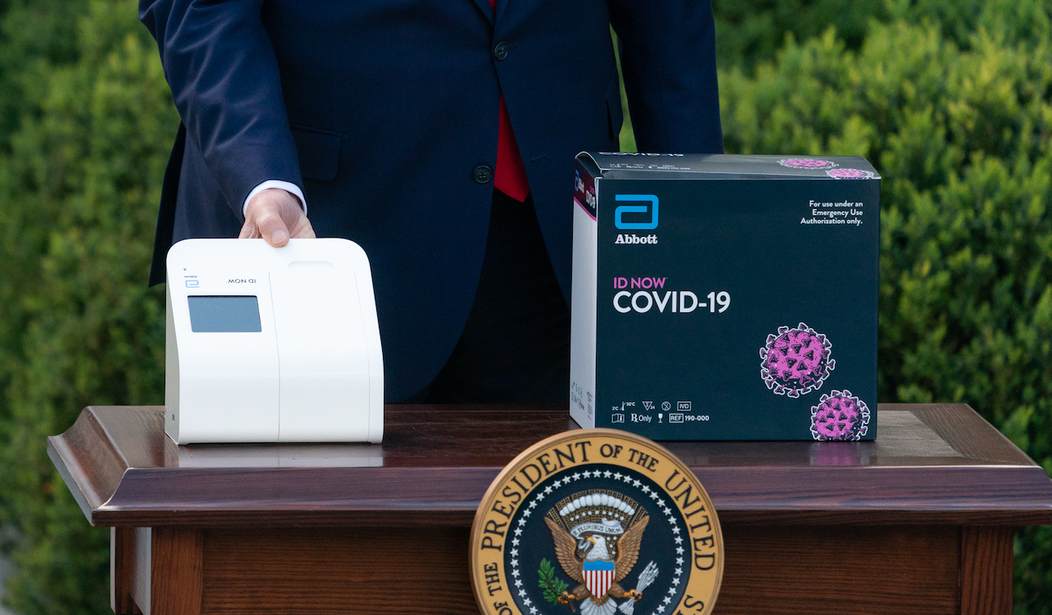The same inequities educators have been working to solve for years are now resurfacing in light of the nation’s recent transition to online learning. Parents of children with special needs are, rightfully, concerned about their child getting the same quality education as any other, but right now districts are scrambling just to stand up any kind of remote learning.
Our country is in a state of crisis. So too are our school administrators and educators.
In addition to worrying about the health and wellness of themselves and their own families, those in K-12 education are worrying about how to feed the children that depend on them for free or reduced meals. They are worrying about how they’ll serve their students with special needs. They are worrying about how to foster a safe and productive learning environment for all students. Trust me, they are worrying.
They are also doing the best they can. Those that aren’t able to teach online are printing out packets of information for students to work through. Those that are, are doing the absolute best they can despite having little training or experience. They’re getting creative, they’re learning as they go, and perhaps most important, they’re helping students stay positive.
Right now, we should be offering educators our praise and support.
At the same time, we do need to have a conversation about the difference between true online education versus what’s happening in many communities across America right now. It takes years of training and staff development to run a successful online school. That can’t be replicated by handing out Chromebooks and Wi-Fi hot spots and wishing everyone good luck.
Recommended
It’s also worth noting that online schools can provide high-quality education for students with special needs. It just requires thoughtfulness and dedication to the principle that all kids can learn. As for how that manifests in our schools, for example, each piece of text a teacher puts on the screen must first pass an accessibility test. If teachers want to create a worksheet, they must do so in a way that’s compliant with screen reader software.
Furthermore, it’s important to understand that online schools are a way to bring that level of service to students in districts that may not have the resources to manage it. Geographically, public online charter schools break down the physical barriers that usually keep children from attending a school that’s a better fit for them; they give children and their parents a choice.
Professionally, some virtual schools take innovation one step further, using novel ways of teaching to help students better prepare for their future. One approach is project-based learning (PBL), through which students must use multiple skill sets to solve a real-world issue of interest to them. Another is Career Readiness Education (CRE), which reimagines traditional electives to help middle school and high school students learn in-demand, industry-specific skills and certifications sooner.
We can predict with some certainty the frustrations that teachers and parents are going to be feeling over the coming weeks. Those of us who started in classrooms and moved online can completely remember how different the experience was.
However, at the end of the day, these are the things we need to remember. We need to remember and accept that in this extraordinary time, ordinary expectations might not be met. We need to recognize that educators are doing the best they can. We need to be patient, and we need to have faith that one day, once this is all over, we will have a K-12 system that provides an education for anyone.
Heather Buskirk is an instructional methods advisor at K12 and a national board-certified teacher with years of experience designing project-based learning.
























Join the conversation as a VIP Member